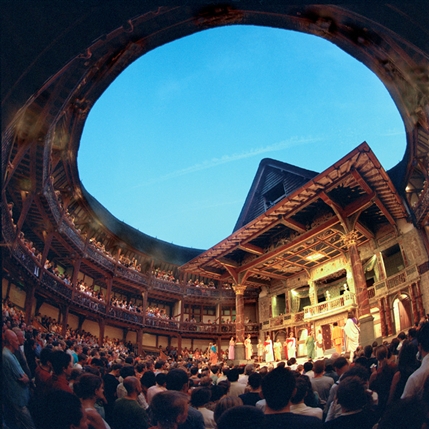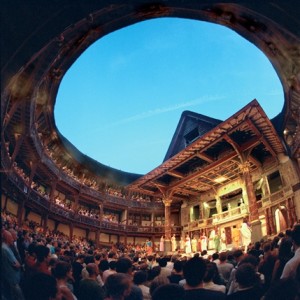
298.7K
Downloads
447
Episodes
New for 2023: Victorian Poetry Scroll back for previous courses on Shakespeare, Eighteenth Century Poetry, Close Reading, Various film genres, Film and Philosophy, the Western Canon, Early Romantics, 17th Century Poetry, etc.
Episodes

Monday Apr 11, 2011
Paradise Lost, III
Monday Apr 11, 2011
Monday Apr 11, 2011
We finish up with the Invocation to Book III, and discuss Protestantism's (and particularly Milton's) view of Catholicism. Worshipping anything in the external world is worshipping an idol. Imagining that anything in the external world is magic, including the fruit of the tree of knowledge is idolatry. This means that knowledge of good and evil really does come out of a recognition of the fact that one has freely eaten of the tree: freedom and guilt are correlated. This also means that there's something you might call the converse of allegory going in in Paradise Lost. The fruit isn't allegorical; it's literal. Eating it forces you to recognize yourself as allegorizing your own guilt. You eat the fruit and feel rightly guilty, so that your own action is an allegory of your sin. I thought that I explained this fairly decently, and am sorry to say that once again a technical problem cut the class off half way through. No doubt I'll repeat myself next class.

No comments yet. Be the first to say something!